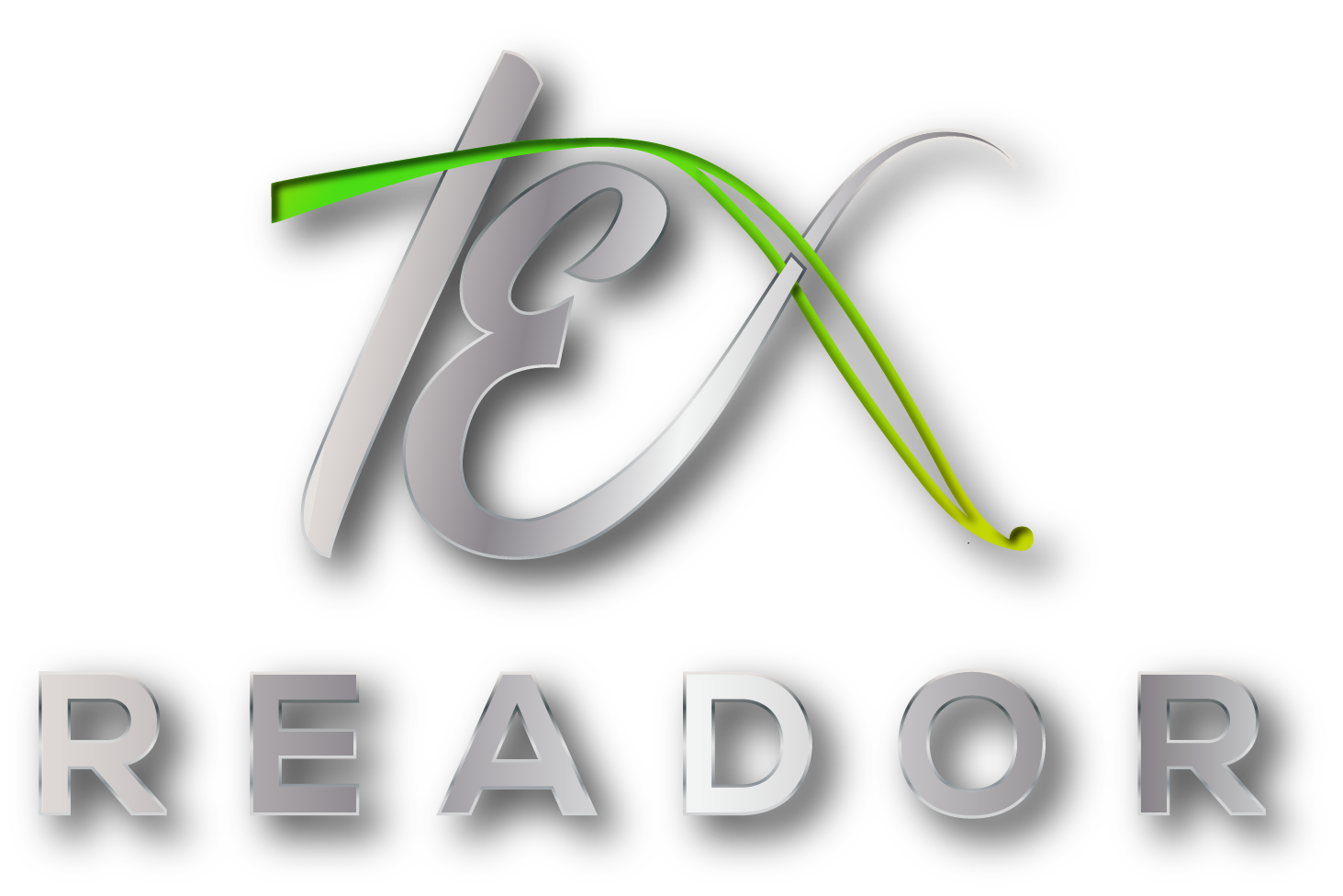Purchasing Manager, Strategic Sourcing Director... don't know the difference ?
It is inaccurate to collectively refer to purchaser as buyers. In the customer's email signature, you will find that their titles are various, similar to:
Procurement officer
Buyer
Supply chain manager
Supplier relationship manager
Contract manager
Category buyer
Purchasing manager
E-procurement manager
Assistant buyer
...
So how to distinguish the title of the buyer and the corresponding specific functions?
Let's start with the three most frequently occurring parts: Purchasing, Procurement, and Supply Chain.
Purchasing Manager
Namely Purchasing Manager. This role needs to do more actual affairs of order processing. Its main function is to meet procurement needs, ensure delivery on time, quality, and cost, and to complete close cooperation with operations and R&D departments.
Its extension positions are:
Purchasing Assistant
Purchasing Specialist
Purchasing Manager
Purchasing Director
So what is the difference between Purchasing and another common job title, Sourcing?
Sourcing, as the name suggests, has the meaning of resources. Therefore, in addition to purchasing, Sourcing Manager also needs to develop new suppliers and focus on future planning, so the Sourcing department may communicate more with the product department. This title is more commonly seen in American companies.
Merchandiser, the word "buyer", let me talk about it separately, it is more commonly used in the retail industry.
Procurement Manager
Compared with Purchasing, Procurement has a wider range of functions, including functions such as finding suppliers, setting quality standards, negotiating prices, strategic reviews, determining payment terms, and inventory control.
Of course, some people think that Procurement is just an outdated term for Purchasing.
Supply Chain Manage
Supply chain management is undoubtedly a larger category of "procurement". If procurement is the acquisition of certain commodities, then supply chain management is the infrastructure for obtaining those commodities. This function sits alongside R&D, sales, operations, and finance.
It is more strategic and covers not only procurement but also quality control and logistics and so on. Its core is to monitor and manage the supply chain to ensure its efficient operation.
Of course, different companies have different job functions. you'll need to be flexible when it comes to these titles.


